Peter Quantrill hears the performance of Vaughan Williams, Strauss and Deborah Pritchard at London’s Barbican Hall on 9 December 2022
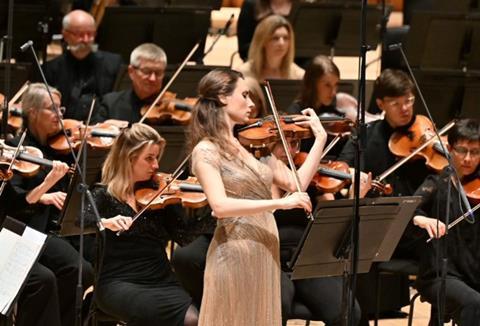
Jennifer Pike (violin) BBC Symphony Orchestra/Clemens Schuldt
Barbican Hall 9 December 2022
This was my fourth live Lark Ascending in as many months, and much the most traditional in the degree to which Jennifer Pike warmed the solo line with vibrato and phrased it as a rhapsody first conceived in 1911, and not improvised last Tuesday by a Celtic folk band. Her portamento belonged naturally to an Edwardian age, and so did the expansive warmth of the BBC SO’s accompaniment.
Deborah Pritchard’s Calandra, begun during the first weeks of Russia’s invasion of Ukraine, takes its name from a species of lark found in Eastern Europe, and its rhapsodic 15-minute form makes it an effective travelling companion for the Vaughan Williams. At this assured premiere, Pike quickly established a sense of the new work’s individuality with a broader tone palette while retaining the core of her own sound and its distinctive, intonational purity: Pritchard’s lark darts up and down the register much more impulsively than her forebear.
Read: Sentimental Work: Jennifer Pike
Video: Violinists Tasmin Little and Jennifer Pike on memorisation techniques
Video: Violinist Jennifer Pike performs Mendelssohn at BBC Young Musician Final aged 12
The harmonies of Calandra cloud over and darken, but the central point brings an evocation of dawn and a momentary motivic gesture in the direction of the familiar Lark, magically done by Pike and the BBC SO section leaders. The piece disappears almost too soon in a mist of bariolage, and invites a second and third listening, unlike the business-like account of Strauss’s Death and Transfiguration that followed it.
PETER QUANTRILL

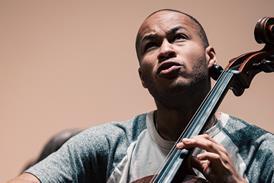
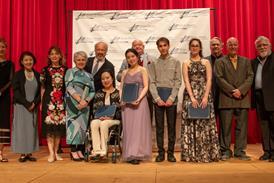
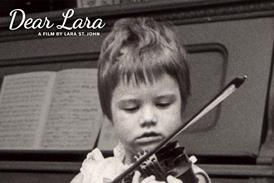
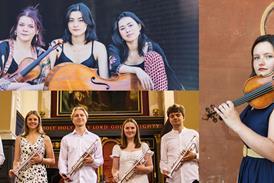
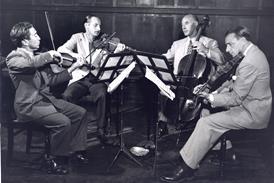

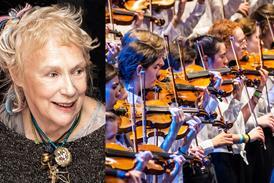

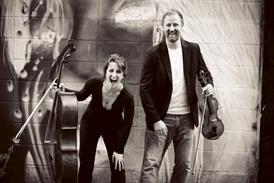
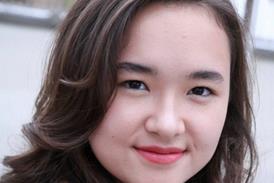
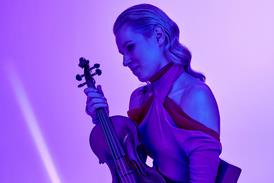

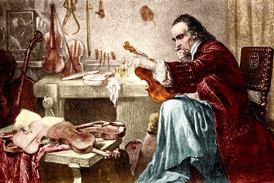

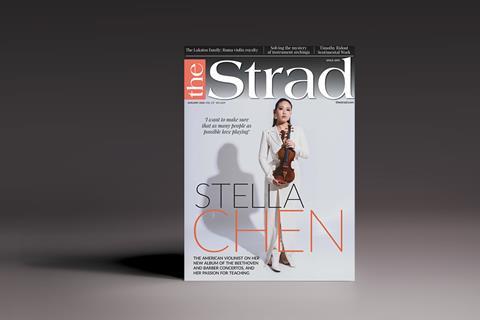




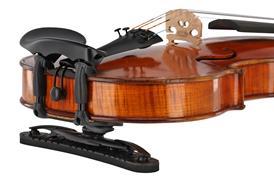
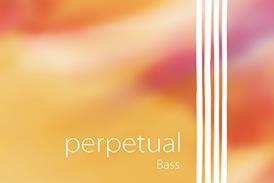
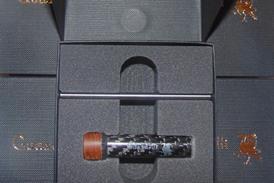




















No comments yet